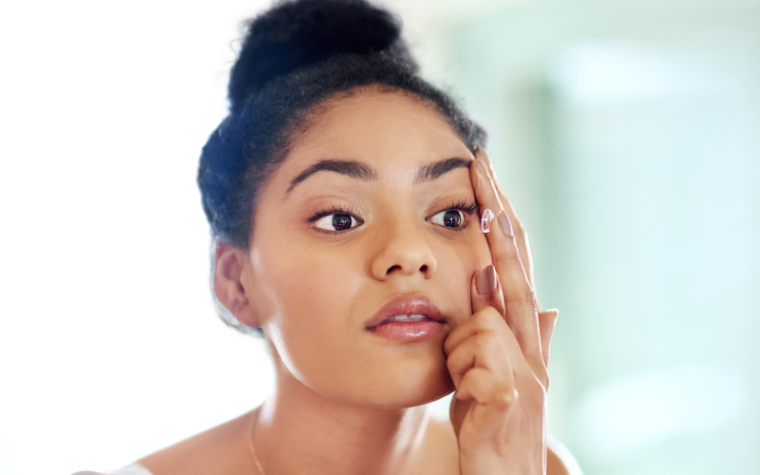All Categories
Featured
Table of Contents

Routine eye evaluations are crucial for maintaining good vision and finding potential eye health and wellness issues early. The frequency of these examinations can differ substantially based on a person's age, way of living, and total health. Understanding the recommended timetable for eye examinations can help ensure that people of any ages receive proper treatment and monitoring for their eye health and wellness.
Newborns and Toddlers (0-2 Years)
For toddlers and infants, eye exams are important for finding any potential vision troubles early on. The American Academy of Ophthalmology recommends that a child's first eye test should occur at around six months of age. Throughout this preliminary browse through, the eye care expert will assess the child's visual growth and look for any apparent eye issues.Following this very first examination, it is suggested that youngsters have an additional eye exam at age three. This see will certainly focus on examining the kid's overall aesthetic feature, consisting of eye positioning and the capability to track items. If no issues are detected, the following exam must be scheduled prior to the kid begins institution, usually around age 5 or six.
School-Aged Children (6-18 Years)
As soon as children reach school-age child, regular eye examinations need to be set up each to 2 years. Vision is critical for discovering and growth, and many institutions perform vision testings. Nonetheless, these screenings do not change an extensive eye examination by an eye treatment expert.For children involved in sporting activities or tasks requiring significant visual focus, yearly eye exams might be suggested. In addition, if a kid exhibits indicators of vision issues-- such as problem reviewing, squinting, or frequent headaches-- a visit to the eye medical professional ought to be scheduled immediately.
Young Person (19-39 Years)
Young person normally have less vision modifications than older age, but routine eye exams stay essential. The basic recommendation is to arrange an eye examination every 2 years throughout this period. Nonetheless, individuals with specific risk factors-- such as a household background of eye disease, diabetic issues, or those that wear get in touch with lenses-- must think about yearly eye examinations.In addition, those who spend significant time on electronic tools may experience digital eye pressure. If signs and symptoms such as dry skin, exhaustion, or blurred vision happen, it might be sensible to see an eye care specialist earlier.
Adults (40-64 Years)
Adults aged 40 to 64 should set up eye exams every one to 2 years. Eye examinations can additionally assist spot other typical age-related conditions such as glaucoma, cataracts, and macular deterioration.If people in this age have risk elements like hypertension or diabetes, they might call for more frequent exams to check their eye wellness carefully.
Elders (65 Years and Older)
For elders, normal eye tests end up being much more important. The American Optometric Organization recommends that individuals matured 65 and older have an eye examination at the very least yearly. Older grownups are at a greater risk for numerous eye diseases, consisting of cataracts, glaucoma, and age-related macular deterioration. Early discovery and treatment of these problems can avoid vision loss and improve the lifestyle.Final thought.
Recognizing the suitable timetable for eye tests based on age is important for keeping optimum eye health and wellness throughout life. By adhering to these standards and seeking advice from with an eye treatment specialist, people can take aggressive actions toward protecting their vision and general health.Table of Contents
Latest Posts
Vision Center South: Wetumpka’s Trusted Ocular Services & Beyond
Published en
2 min read
Find Your Nearest Vision Center South Location for Quality Eye Care
Published en
2 min read
Vision Center South Experts Deliver Marianna’s Elite Vision Wellness
Published en
2 min read
More
Latest Posts
Vision Center South: Wetumpka’s Trusted Ocular Services & Beyond
Published May 06, 25
2 min read
Find Your Nearest Vision Center South Location for Quality Eye Care
Published May 01, 25
2 min read
Vision Center South Experts Deliver Marianna’s Elite Vision Wellness
Published Apr 29, 25
2 min read